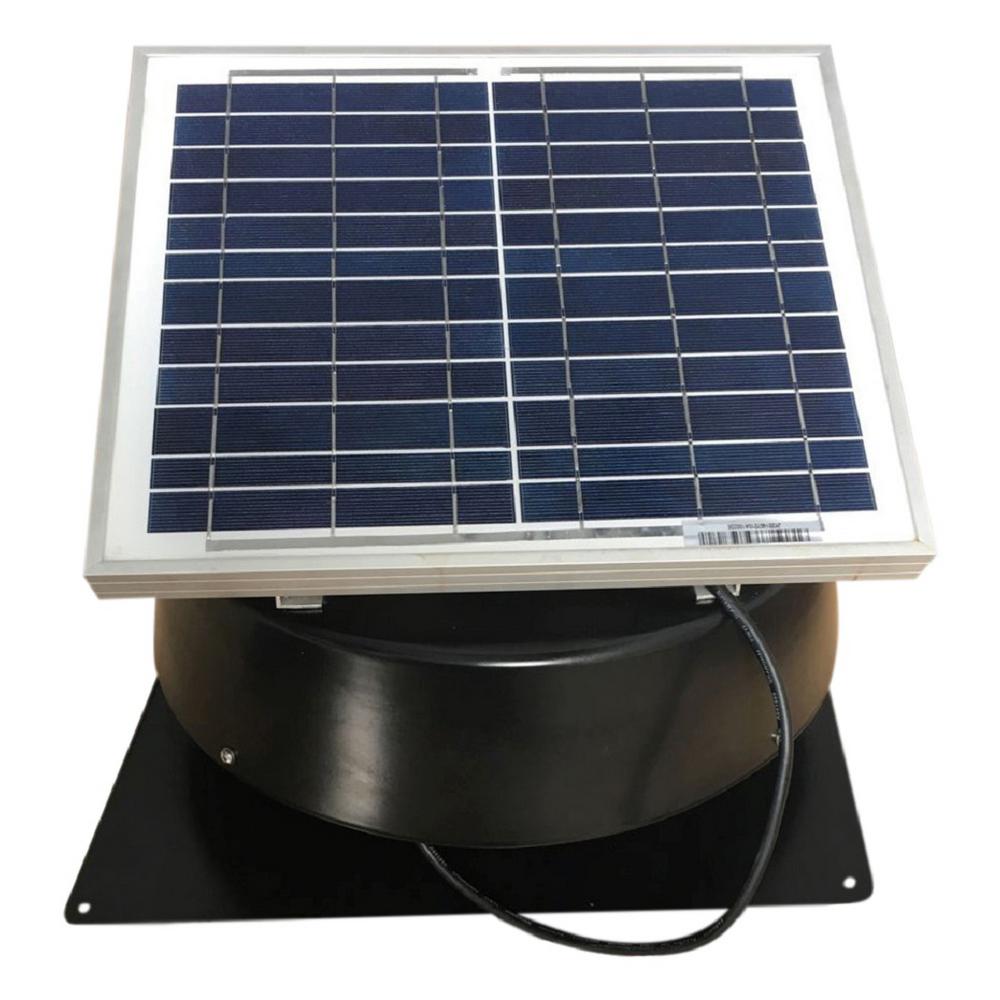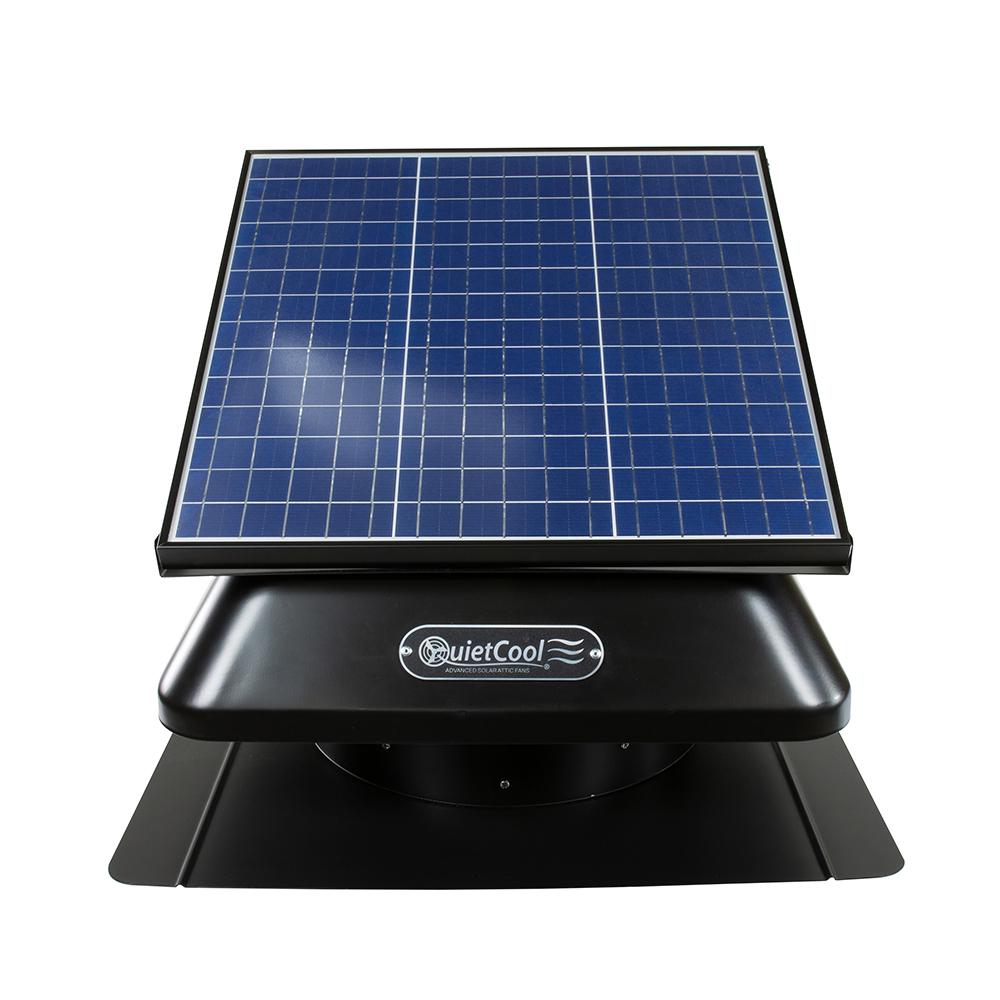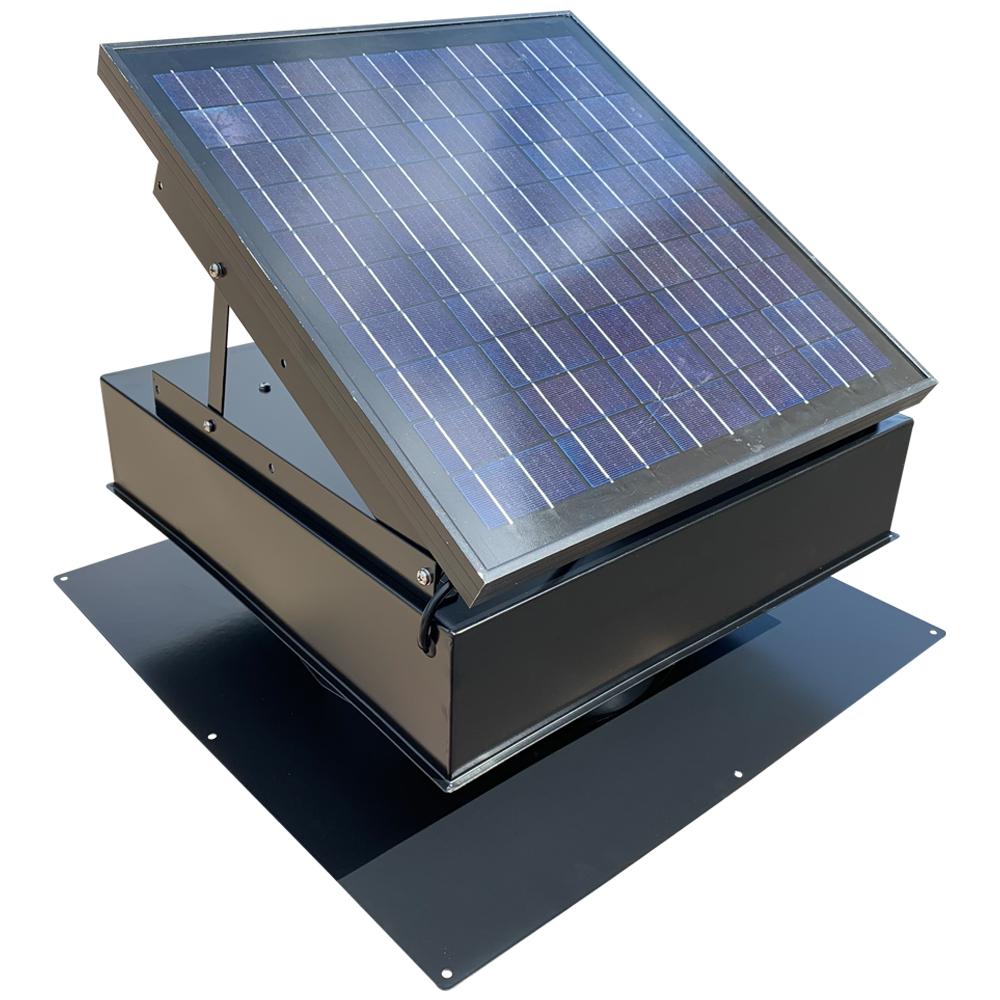The solar attic fans all moved less than 1 000 cubic feet of air per minute cfm and they did nothing to lower the temperature inside my own attic.
Do adding solar panels reduce attic temperature.
Ad the infrared rays from the sun are powerful.
The researchers found that solar panels can lower a roof s temperature by 5 degrees fahrenheit or about 3 degrees celsius.
You can read more about this in fsec s literature review of attic ventilation pdf.
April 19 2019 posted in.
The graph is from page 30.
The way your attic retains or releases heat can affect your entire house and implementing a simple set of solutions can make your attic more energy efficient.
5 ways to make your attic more energy efficient.
The color shingles your clients choose can have significant effect on the temperature of the upper levels of the building.
Attic temperatures can vary as much as 20 to 40 degrees f which in turn can reduce energy consumption by 20.
If you re looking to improve your energy use check out these five different ways to make your attic more energy efficient.
At first glance it can seem counter intuitive.
Radiant barriers are utilized to reduce summer heat gain in attics.
By shading your roof solar panels can lower the temperature of your home by several degrees.
A solar panel array on the roof helps to block direct solar radiation and therefore lowers the roof deck temperature as well as heat gain into the attic.
The color of the shingles you choose for your build can have a significant impact on the building s energy efficiency.
You insulate your home to reduce temperature fluctuations and save on utility bills but then you allow fresh air to flow through the attic no.
White shingles reflect more of the incident solar radiation and stay cooler.
In fact the researchers determined that the savings from reduced cooling amount to a 5 percent discount on the solar panels price.
This can significantly reduce cooling costs over the life of the solar panels.
Do solar panels keep your roof and attic cooler.
Increasing summer energy consumption and cooling costs.









